Introducing Eastern Orthodox Theology
$23.99
Preface
By Way Of Introduction: Who Are The Eastern Orthodox?
1. Thinking And Doing, Being And Praying: Where Do We Start?
2. Who Is God? The Doctrine Of The Holy Trinity
3. The Doctrine Of Creation
4. Who Is Christ?
5. Sin, Death And Repentance
6. Being Human–Being In The Image Of God
7. Icons And Sacraments: The Place Of Matter In The Divine Economy
8. Time And The Liturgy
9. Where Are We Going? The Last Things And Eternal Life
Guide To Further Reading
Additional Info
With an estimated 250 million adherents, the Orthodox Church is the second largest Christian body in the world. This absorbing account of the essential elements of Eastern Orthodox thought deals with the Trinity, Christ, sin, humanity, and creation as well as praying, icons, the sacraments and liturgy.
in stock within 3-5 days of online purchase
SKU (ISBN): 9780830840458
ISBN10: 0830840451
Andrew Louth
Binding: Trade Paper
Published: November 2013
Publisher: InterVarsity Press
Print On Demand Product
Related products
-
God For The Rest Of Us Pastors DVD Kit
$19.99The Pharisees called Jesus “a friend of sinners.” He took it as a compliment. Would you? In these resources, Pastor Vince Antonucci and his unusual church that reaches out to people on the Las Vegas Strip explore a powerful question: what if God is not just for the faithful, church-going, or holier-than-thou types – what if God is for the rest of us? This small group study expands viewpoints, overcomes stereotypes, and models how to really love people like Jesus does. The Pastor’s Kit includes everything needed to plan a six-week teaching series around the concepts presented in the Small Group Study. It includes:
Special video message for pastors
Video guide for implementing a church-wide program
Six sermon outlines
Six short video clips to accompany each week’s sermon
Six sermon bumpers (short video clips to introduce each week’s sermon)
Digital art files to use in creation of bulletins and other promo materialsAdd to cartin stock within 3-5 days of online purchase
-
Problem Of Pain
$17.99For centuries Christians have been tormented by one question above all — If God is good and all-powerful, why does he allow his creatures to suffer pain? C. S. Lewis sets out to disentangle this knotty issue but wisely adds that in the end no intellectual solution can dispense with the necessity for patience and courage.
Add to cartin stock within 3-5 days of online purchase
-
Hollywood Commandments : A Spiritual Guide To Secular Success
$25.99DeVon Franklin, New York Times bestselling author of The Wait and prominent Hollywood producer, reveals that secular and spiritual success are not opposites. To have one, you need the other.
You can be wildly successful without losing your faith. In fact, your secular success will strengthen your faith if you allow it. Too often we believe that success in secular environments contradicts the core principles of faith, but the opposite is true: Your faith was designed to thrive in the secular world and to transform it as a result. You may never experience the true fulfillment you were created for until you pursue the secular ambitions in your heart.
New York Times bestselling author DeVon Franklin knows this to be true. In The Hollywood Commandments, the prominent Hollywood producer and spiritual success coach reveals 10 life-changing lessons picked-up from his over-twenty-year career in the entertainment business. You won’t learn these lessons in the church yet they will help you achieve an amazing life and thriving career that glorifies God. The Hollywood Commandments will help you:
–Identify how to use what makes you unique to propel your career.
–Overcome fear and build the courage to pursue new opportunities waiting for you.
–Gain the confidence to make important life decisions with greater peace and clarity.
–Negotiate the life and career advancement you deserve.No, you don’t have to work in Hollywood for this book to work for you, these “commandments” apply to every walk of life! If you are stuck, looking for the secrets to advance your career, or have a feeling there’s more to life, this book is for you.
Add to cart1 in stock
-
Mere Christianity
$17.99Arguably the 20th century’s most influential Christian writer, C.S. Lewis sought to explain and defend the beliefs that nearly all Christians at all times hold in common. His simple yet deeply profound classic, originally delivered as a series of radio broadcasts, is a book to be thoroughly digested by believers and generously shared with skeptics. Paperback with French f laps and deckled page edges.
Add to cart2 in stock (additional units can be purchased)

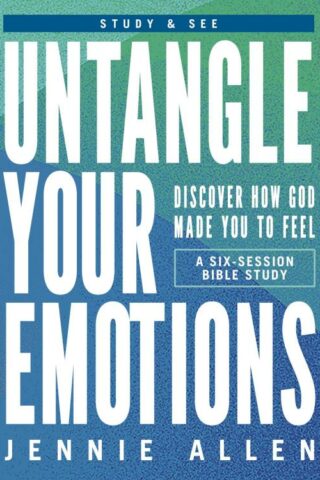
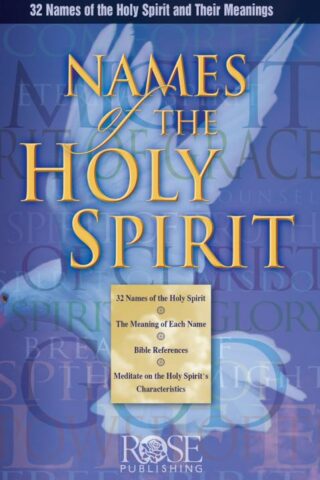


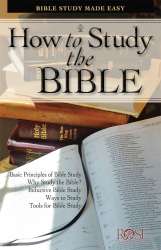
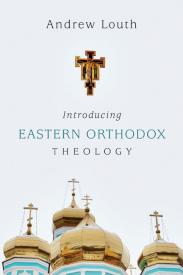
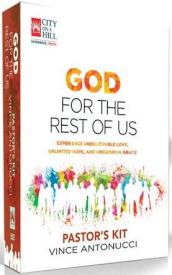
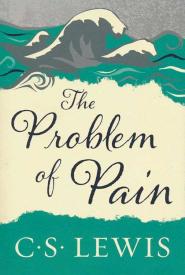

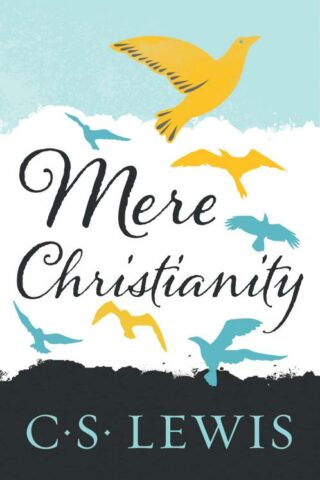
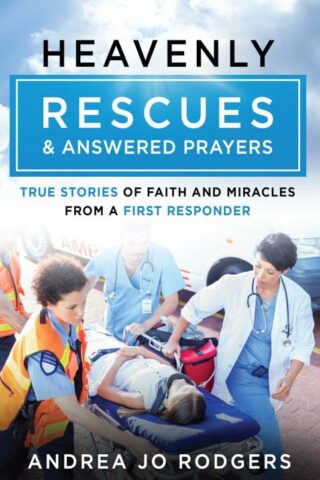
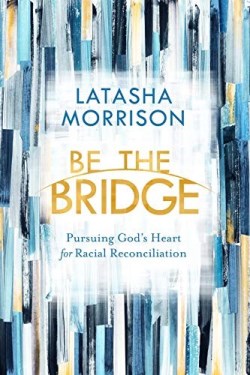

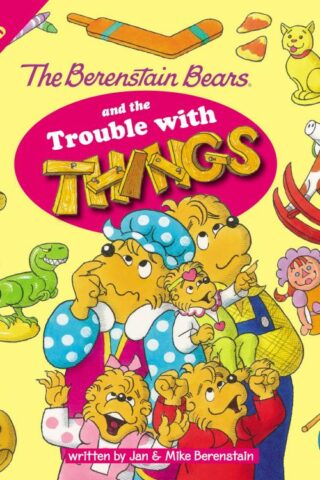

Reviews
There are no reviews yet.